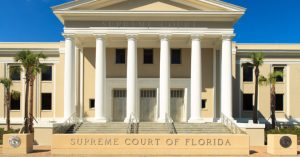Report: Car Accident Injury Risks Higher for Women
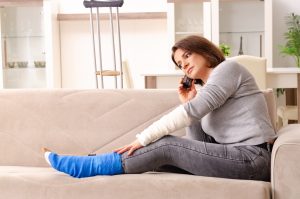 A new analysis from the Insurance Institute for Highway Safety indicates that car accident injury risks are higher for women than men, though the reason appears to have little to do with physical differences. Rather, it comes down to the types of vehicles women tend to drive compared to men.
A new analysis from the Insurance Institute for Highway Safety indicates that car accident injury risks are higher for women than men, though the reason appears to have little to do with physical differences. Rather, it comes down to the types of vehicles women tend to drive compared to men.
As our Fort Myers car accident injury lawyers know, men have long been known to be overrepresented in fatal crashes. Research suggests this is because men on average drive more miles and often engage in riskier driving behaviors (speeding, impaired driving and foregoing seat belts, etc.). But once IIHS researchers controlled for speed and other factors, they found women on a per-crash basis were nearly 30 percent more likely to be killed and 37-73 percent more likely to suffer serious injuries.
They concluded this had to do largely with the types of motor vehicles women tend to drive. Once study authors limited comparison to similar crashes and vehicle types, the gender discrepancies mostly disappeared. Women are more likely to drive cars that are smaller and lighter. They’re also more likely than men to be driving the vehicle that is struck in front-to-rear and side-impact crashes. These types of crashes can result in more severe injuries.
Curiously, they did discover an unexplained phenomenon of women being especially prone to serious leg injuries compared to men, something researchers said “will require more investigation.” Continue reading





 Florida Personal Injury Lawyer Blog
Florida Personal Injury Lawyer Blog



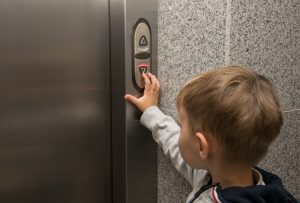 Dangerous home elevators in use at rental properties throughout Florida and across the country have sparked an urgent call from the
Dangerous home elevators in use at rental properties throughout Florida and across the country have sparked an urgent call from the  In any Florida premises liability case, the question of whether the defendant is responsible for the harm someone else suffered on their property often depends heavily on the unique circumstances of the case. Sometimes, that circumstance is a giant ice cream cone.
In any Florida premises liability case, the question of whether the defendant is responsible for the harm someone else suffered on their property often depends heavily on the unique circumstances of the case. Sometimes, that circumstance is a giant ice cream cone.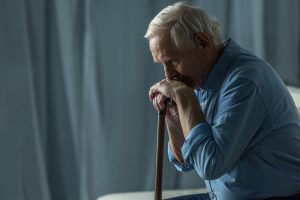 Plaintiffs in a Florida nursing home injury lawsuit were awarded $2.5 million against a memory care center found to have been negligent in its care of an elderly patient.
Plaintiffs in a Florida nursing home injury lawsuit were awarded $2.5 million against a memory care center found to have been negligent in its care of an elderly patient.
 Roughly 2.8 million non-fatal workplace injuries and illnesses occur annually, according to the
Roughly 2.8 million non-fatal workplace injuries and illnesses occur annually, according to the 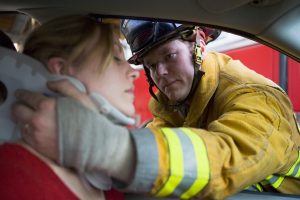 A Fort Myers injury lawsuit resulted in a jury verdict of more than $5 million in damages, which included $2.25 million for past and future pain and suffering a few years back.
A Fort Myers injury lawsuit resulted in a jury verdict of more than $5 million in damages, which included $2.25 million for past and future pain and suffering a few years back. Florida property owners owe a duty of care to protect invitees from third-party criminal attacks – where the assault was reasonably foreseeable. This principle was affirmed recently by the Fourth District Court of Appeal’s reversal of summary judgment favoring a Florida business owner accused of negligence in an injury lawsuit.
Florida property owners owe a duty of care to protect invitees from third-party criminal attacks – where the assault was reasonably foreseeable. This principle was affirmed recently by the Fourth District Court of Appeal’s reversal of summary judgment favoring a Florida business owner accused of negligence in an injury lawsuit.
